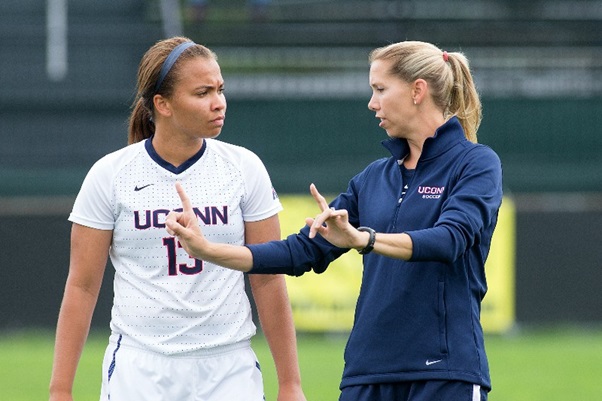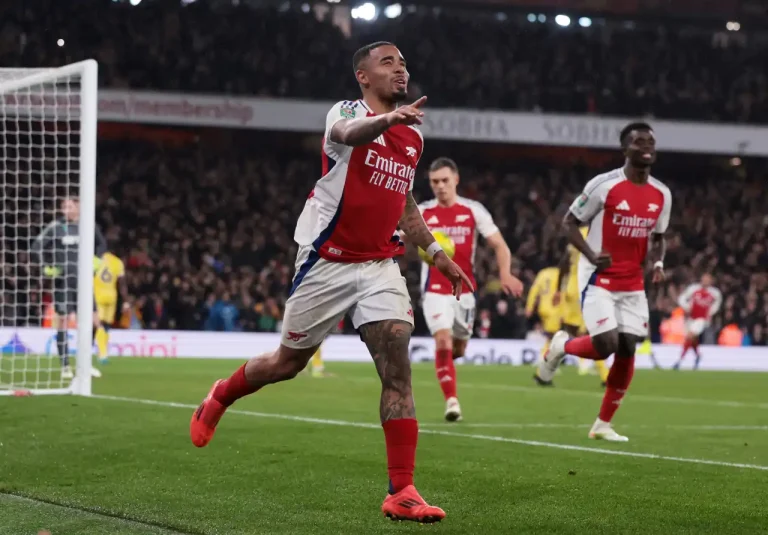In many sports organisations, teams are coached predominantly by men, which can contribute to a sexist culture in sport.
If a few women coach groups of women, it is for example very rare to see women coaches on the benches of men’s teams.
Why do women figure so little in coaching positions and how can this be remedied?
Despite the growing recognition of women in male-dominated fields, female coaches remain rare in elite sport.
If we take the seven team sports qualified in the semi-finals (football, basketball, handball, volleyball, rugby, field hockey, water polo) represented at the 2016 Rio Olympics, only 4 teams on 56 were coached by a woman. The reasons for this lack of representation are manifold.
One of the most common factors is the pervasiveness of gender stereotypes that women are less competent than men.
Many male athletes and sports organisations believe that men are better suited to coach men, and this belief influences recruitment and promotion processes. This also leads to a lack of self-confidence for the coaches who will have to defend their sporting convictions but also their quality as women.
Another factor is the scarcity of opportunities for women to gain coaching experience in sport. They have long been excluded from the practice of many sports, resulting in a decrease in the number and job opportunities of coaches for women. This lack of representation affects aspiring coaches, who lack role models, mentors, or opportunities for career advancement.
From a policy perspective, initiatives should be implemented that support gender equality in sport by promoting diversity, inclusion and equal opportunities at all levels, including funding, governance and leadership.
Whatever the reasons for this lack of representation, this deficit must be addressed proactively. Women are capable of coaching male or female athletes in sport.
Prejudices must give way to skills so that women can increase their experience in top clubs.
















